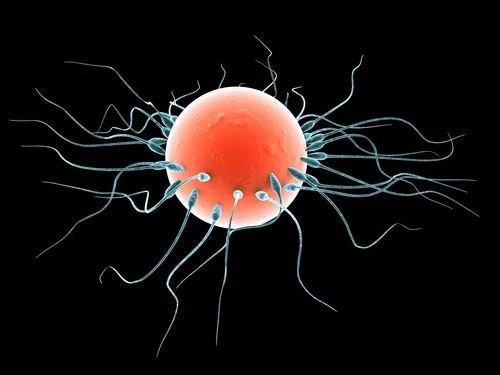Normally, when a woman becomes pregnant, her body tells her ovaries to stop releasing eggs. In very rare instances, a woman’s body drops the ball, causing a new pregnancy during an already existing pregnancy. This is called as superfetation.
Superfetation is the simultaneous occurrence of more than one stage of developing offspring. It is not believed that it occurs naturally in humans. There are a handful of documented cases of it happening in people and there have been 10 reported cases of superfetation in humans.
Most people know the basics of how a woman gets pregnant, a sperm fertilizes the egg which releases from the ovary and then this fertilized egg attaches to the uterine lining, where it, in the end, becomes a fetus. But there have been instances where this process occurs for the second time after one egg has already implanted in the uterus.
Dr. Greves explains that Its because once a woman is pregnant, changes in her hormones typically prevent her body from continuing to ovulate but if a woman does ovulate again and if that egg becomes fertilized and implants in her uterus, she can carry a double pregnancy.
In 2017, it was reported that an American woman who had agreed to act as a surrogate for a Chinese couple birthed two babies initially believed to be twins. Before the adoptive parents could return home to China, however, it was discovered that one of the babies was, in fact, the biological son of the surrogate. Doctors confirmed that the birth-mother had become pregnant with her and her partner’s child roughly three weeks after becoming pregnant with the Chinese couple’s child.
A French study followed the case of a 32-year-old woman who was pregnant with two babies that had a four-week size difference. Experts believe that women who are receiving hormone treatment to boost fertility during IVF are more susceptible to superfetation.
SIASAT NEWS

